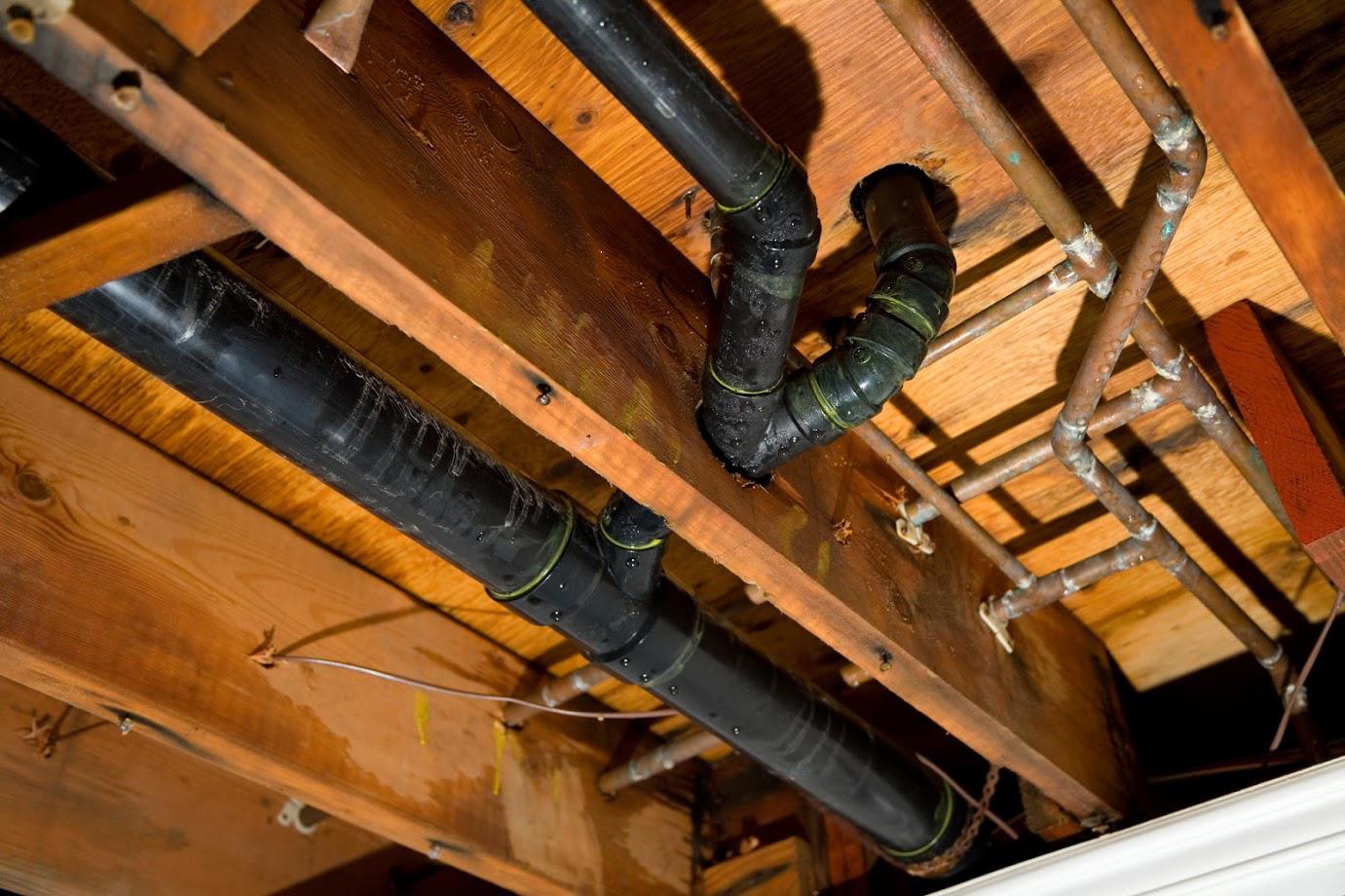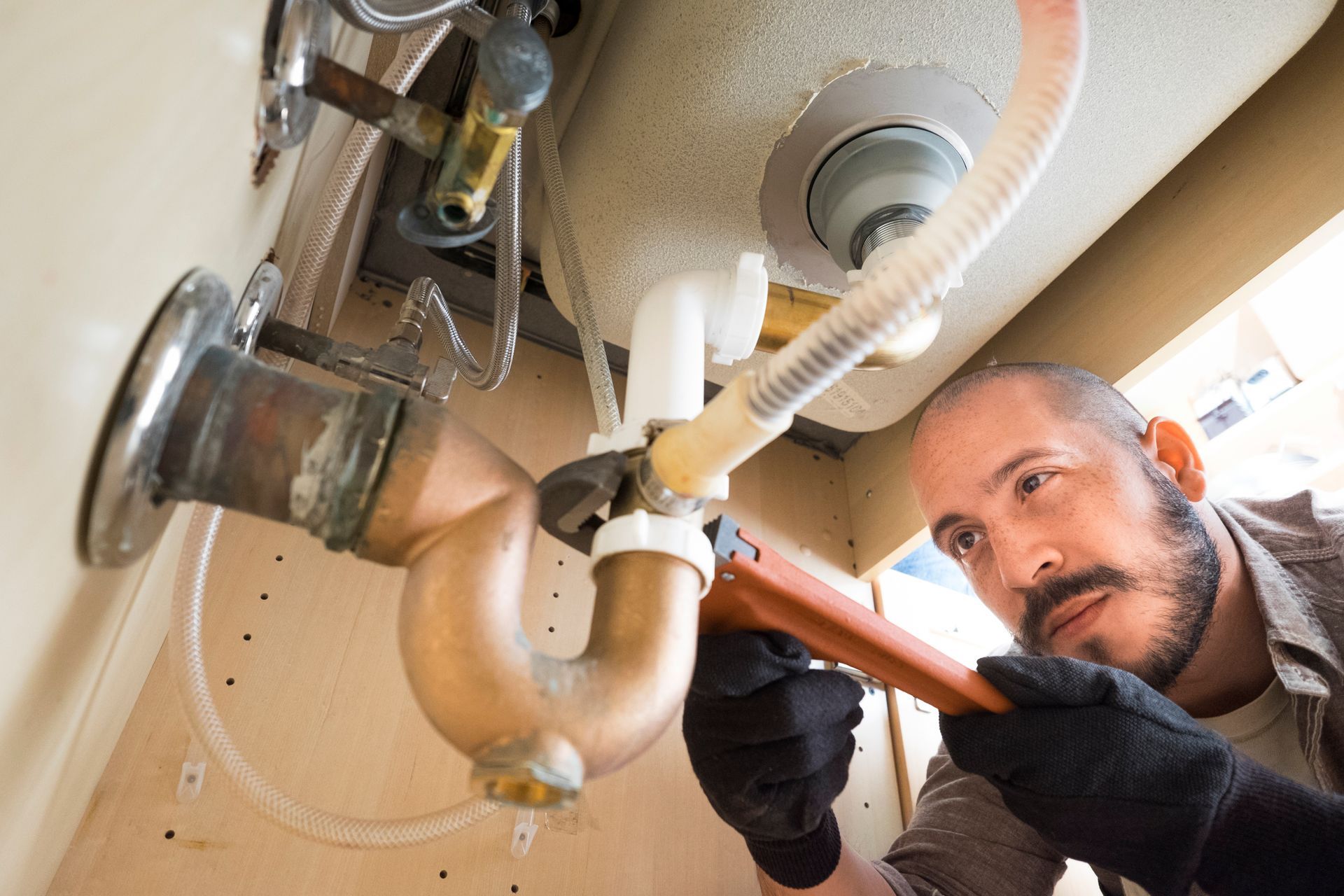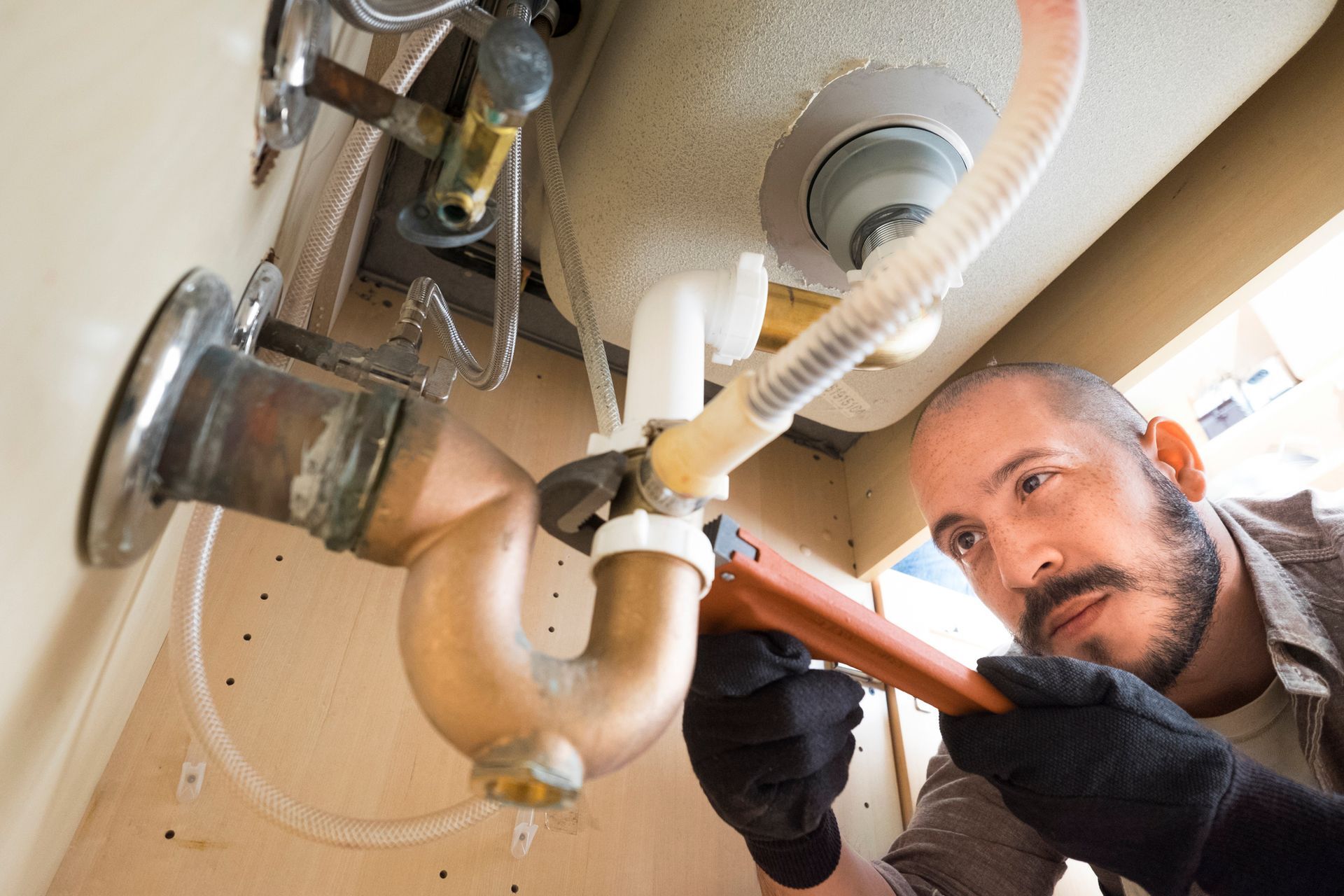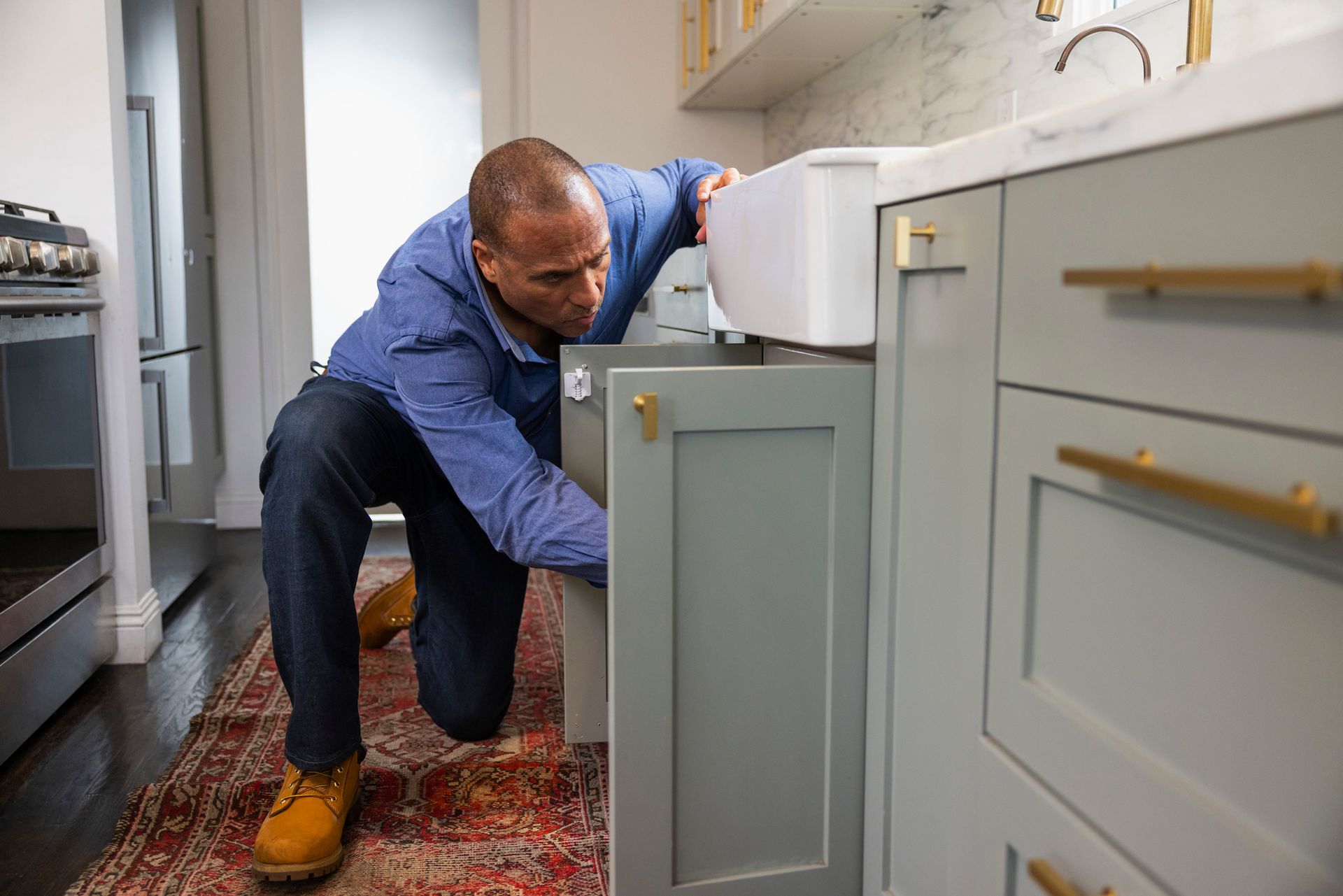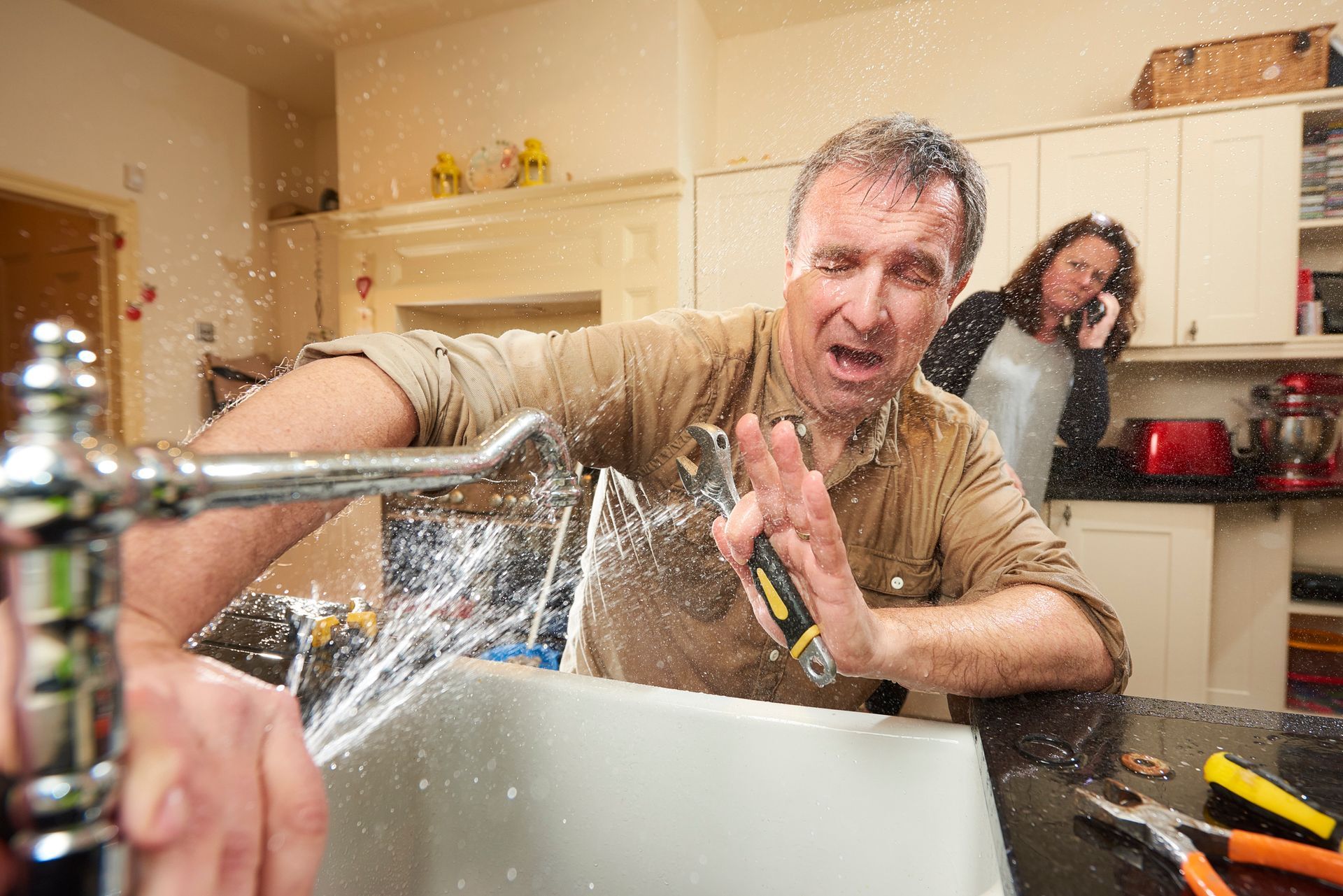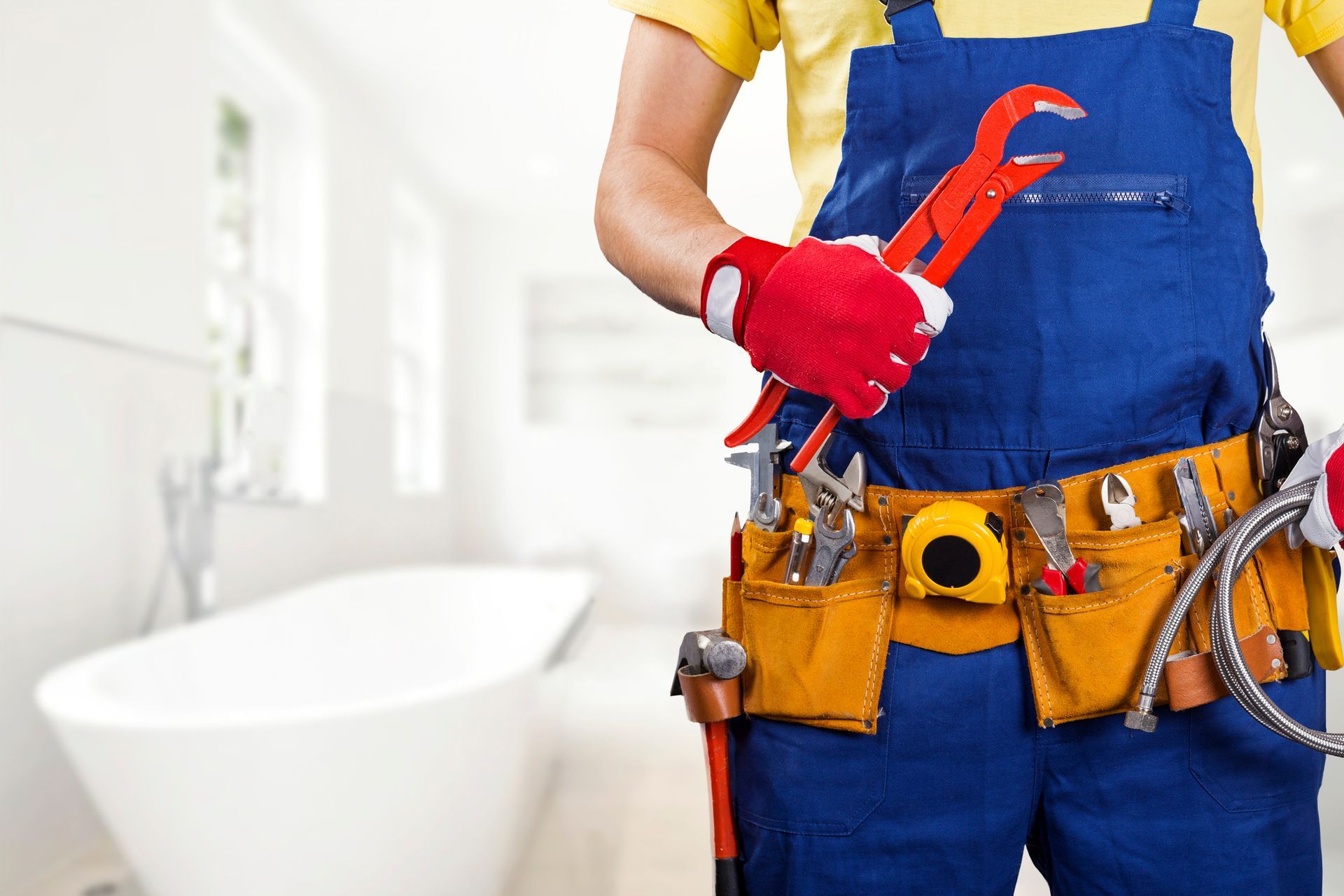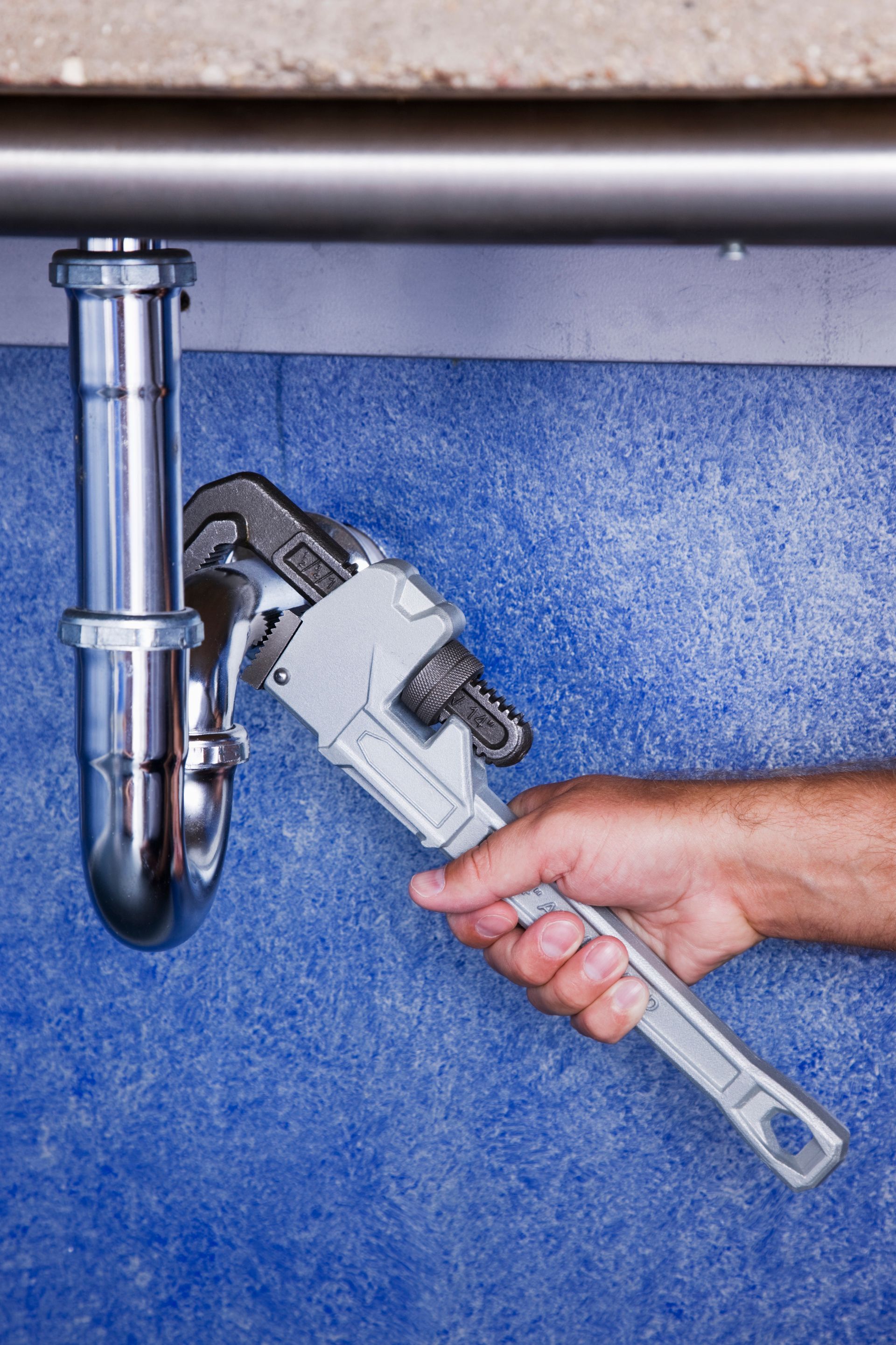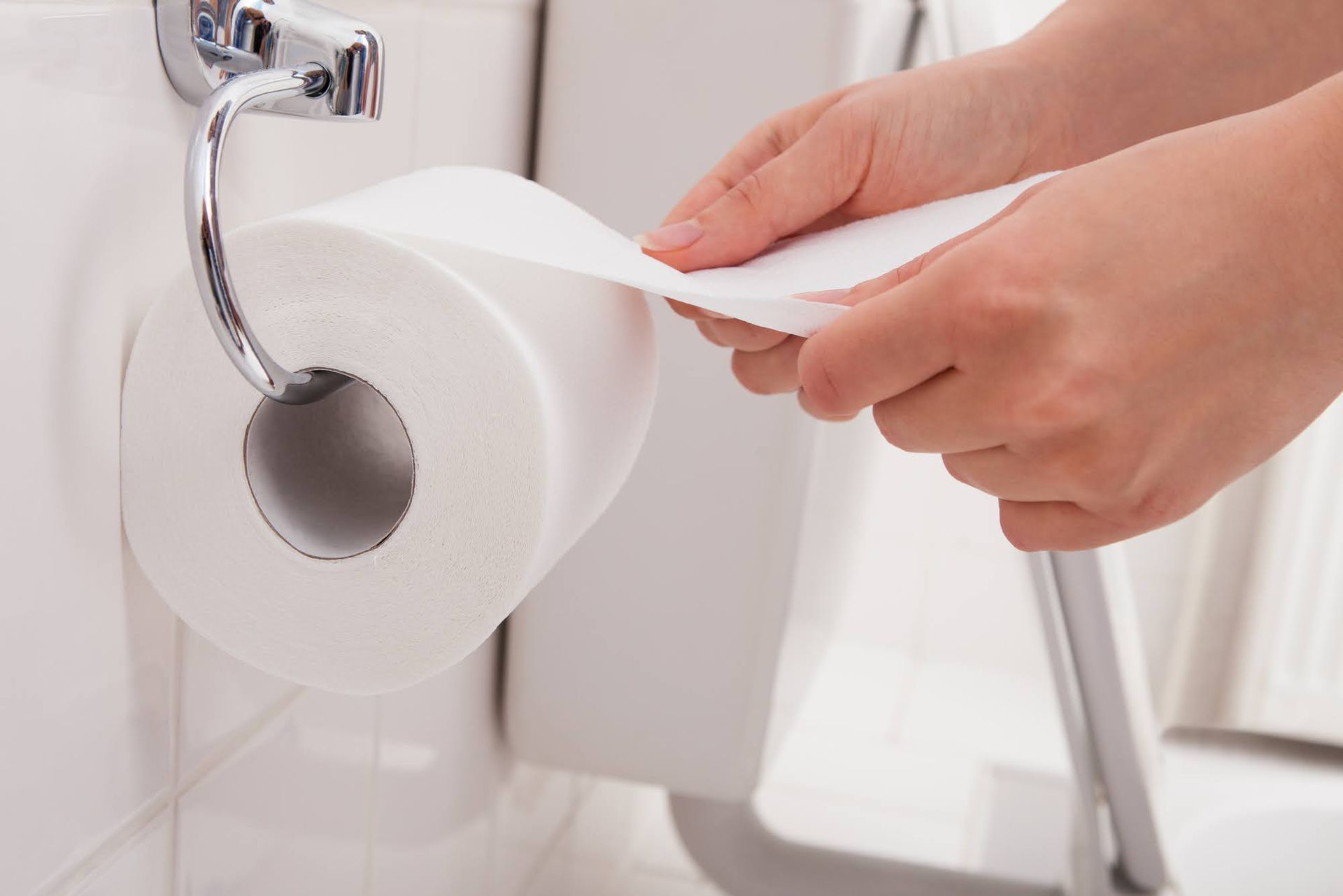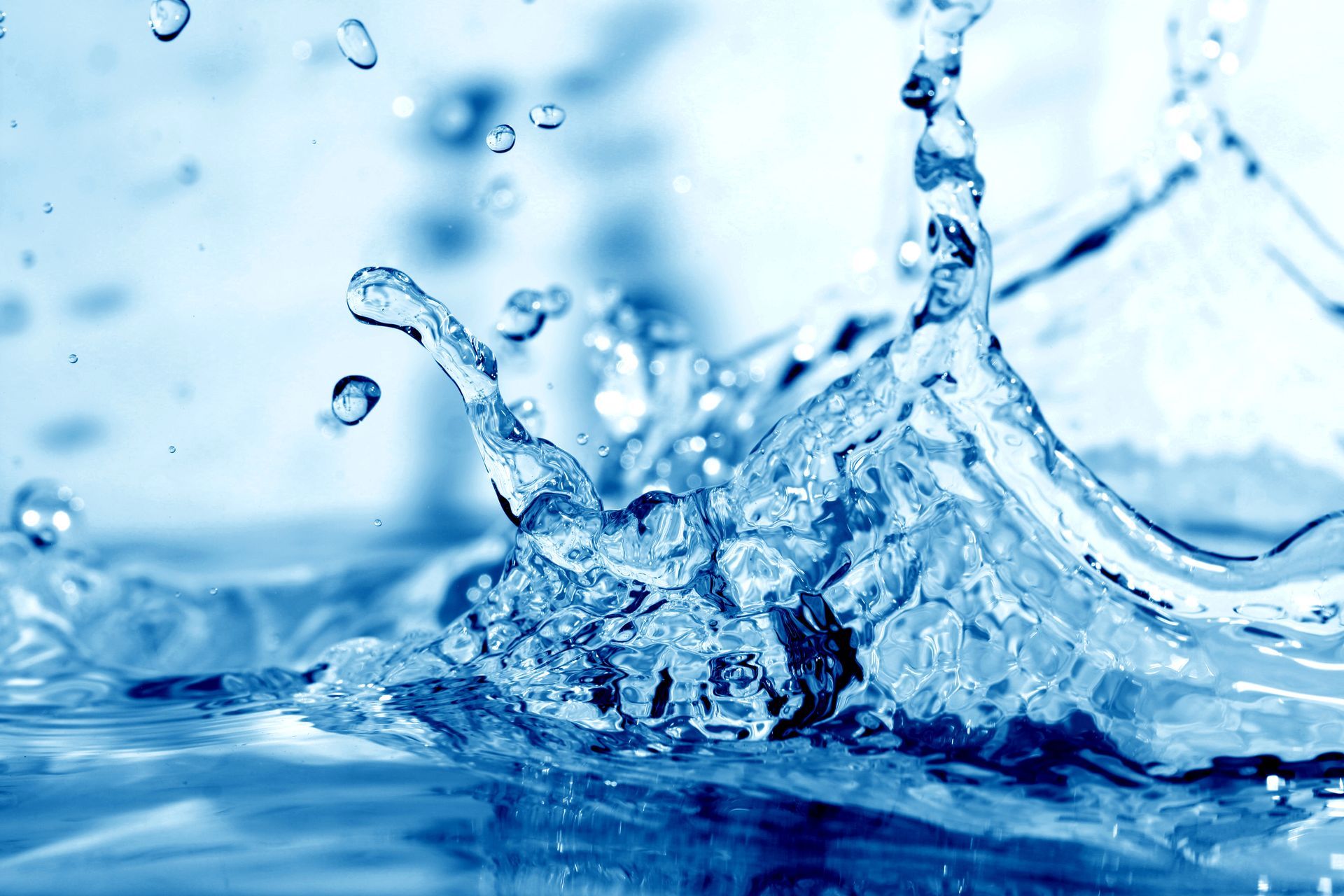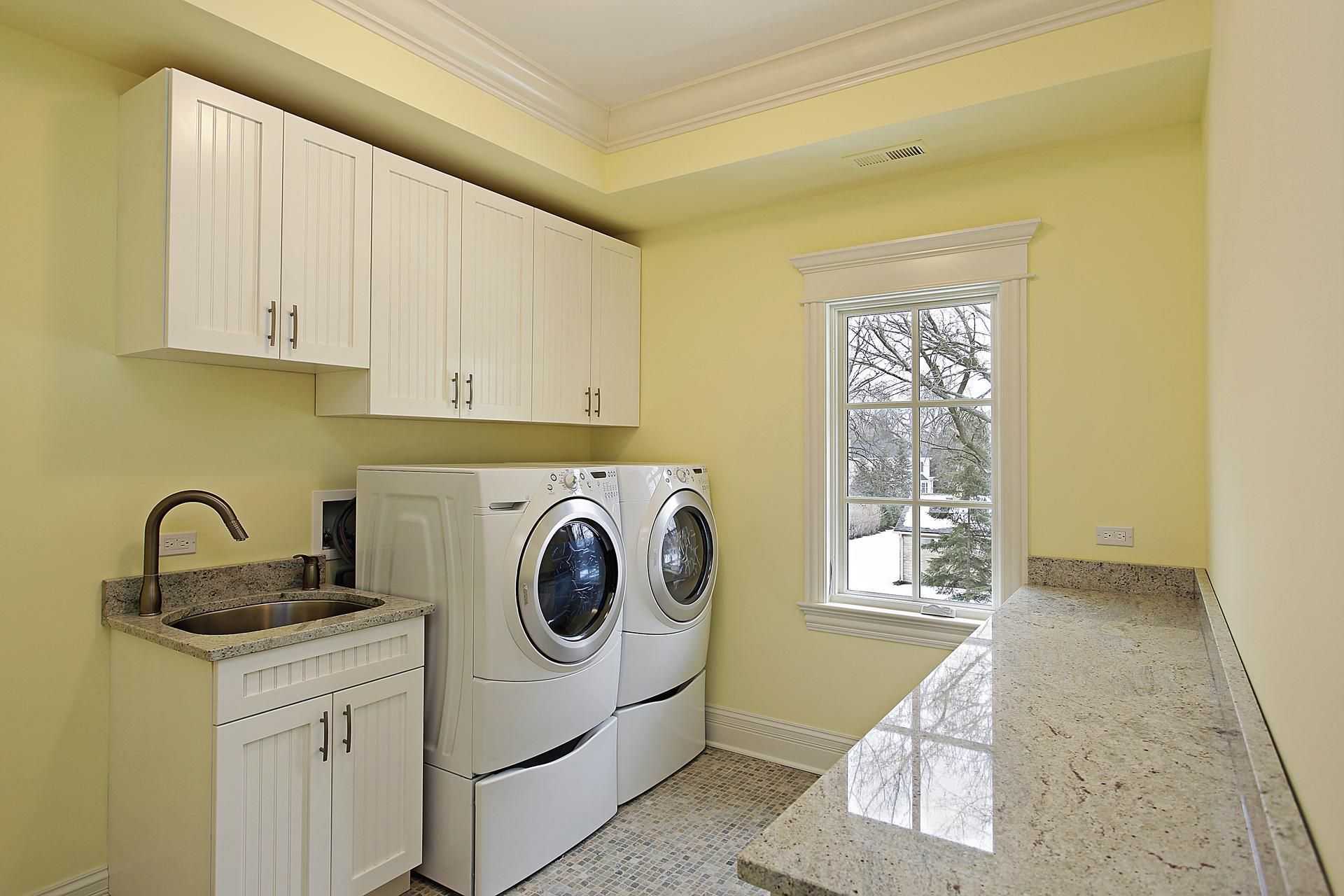Blog
4 Ways Nature Can Cause Your Well-Kept Plumbing to Leak
Responsible homeowners typically take care of their plumbing so it's less likely to quit on them. But even if you insulate your pipes, have yearly professional checkups for your plumbing, and keep an eye on what goes down the drains, problems can still arise. Here are four ways that the forces of nature can cause even your well-kept plumbing to leak.
1. Earthquake Damage
Large earthquakes are typically considered natural disasters, but even a small one could damage your plumbing or your septic system. Pipes can be crushed, snapped, or fractured in an earthquake. That's why after an earthquake hits, you should always check over your house for signs of plumbing damage.
In addition to the obvious one (water where it shouldn't be), look for changes in water pressure and strange gurgling when you turn on a faucet or flush a toilet. You should also keep an eye on your water meter over the next few days to make sure you don't have an underground leak increasing your water usage.
2. Water Corrosion
Did you know that the water running through your pipes can actually damage them? If you live in an area with acidic water (water with a low PH value) or an area with soft water, you're more likely to feel the effects of this type of corrosion.
Several problems occur when your water corrodes your pipes. First of all, leaks may appear in your pipes. You might also see unsightly stains in your plumbing fixtures, and your drinking water may become contaminated with metals such as copper or even lead.
3. Tree Roots
Tree roots invade from underground, so by the time you know of a problem, it's often too late to prevent a leak. You've probably heard that you should plant trees and bushes farther away from the pipes to prevent damage, but this advice isn't always foolproof.
If the tree is desperate or very aggressive, its roots may reach farther than expected and enter your plumbing system even if you were careful when planting your trees. And if your yard is small, your neighbors could unwittingly plant a tree on their property that's too close to your main water line or your sewer line.
Tree roots love moisture, so they typically head for a slow leak if they can find one. But many sewer lines are made of clay pipe, which means a tiny amount of moisture can escape to the soil (often via a loose joint) where trees can sense it, even if there isn't a noticeable leak.
The roots grow towards the pipe and send tiny root filaments in through the loose crack. You can probably imagine what happens next: as the tree takes in nourishment through that root, the root grows thicker and enlarges the hole so more roots can get in. Typically the pipe ends up severely damaged and will require at least hydrojetting and, in some cases, replacement.
4. Mineral Buildup
Hard water can leave thin layers of minerals deposited along the sides of your pipes. Depending on the age of the pipes and the hardness of the water, these thin layers can thicken over time until they constrict the flow of water, which is why hard water is often associated with clogs and blocked-up pipes.
However, like a frozen pipe, a mineral-clogged pipe can also make it harder for water to get through, which increases the water pressure. This can increase the chances that pipes may start leaking due to the wear and tear.
One way to prevent mineral buildup is to use a whole-house water softener. However, because soft water is more likely to erode your pipes, whole-house softening may be best suited to places with extremely hard water.
These are just four ways that nature can cause damage to your plumbing. For more information on how we can repair these and other types of damage, get in touch with Complete Plumbing today.
Installation
Services
and Military Discount



